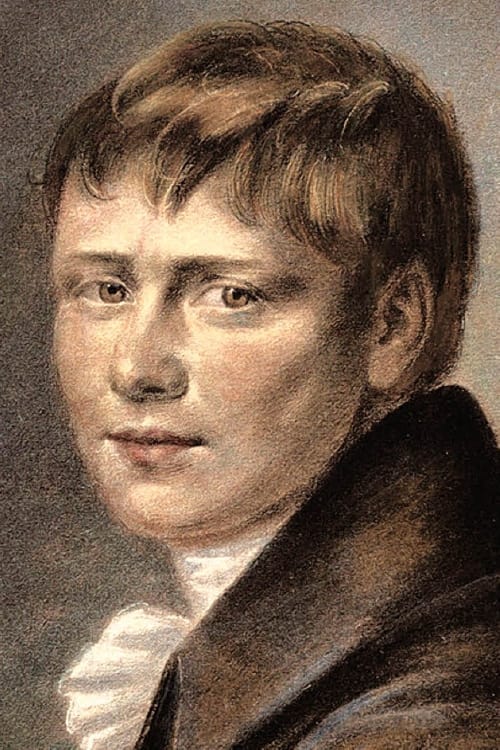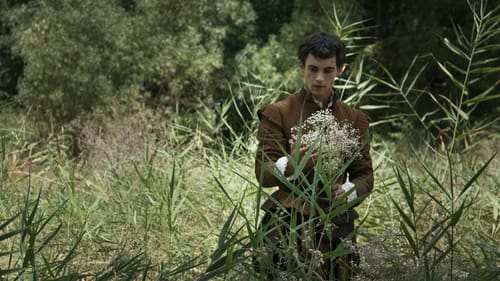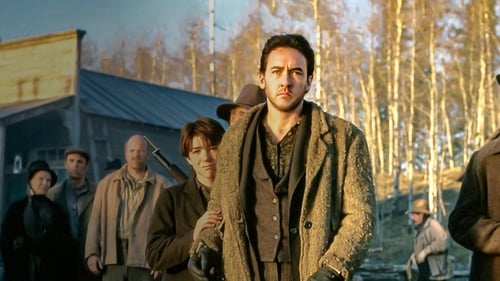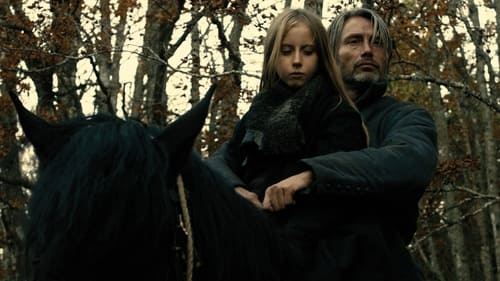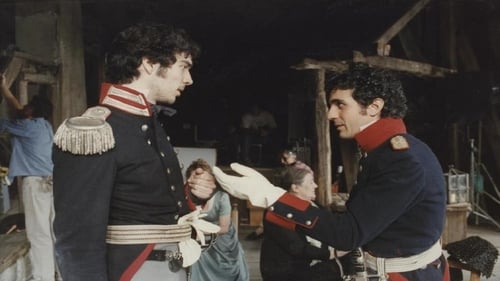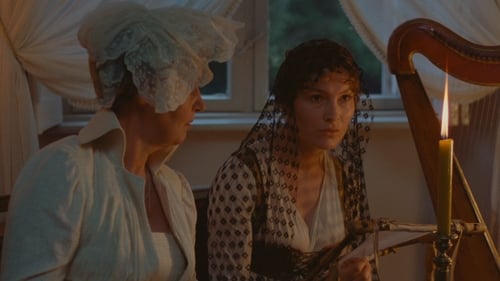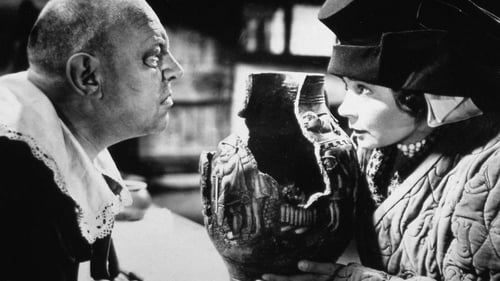Heinrich von Kleist
出生 : 1777-10-18, Frankfurt an der Oder, Brandenburg [now Germany]
死亡 : 1811-11-21
略歴
Bernd Heinrich Wilhelm von Kleist (18 October 1777 – 21 November 1811) was a German poet, dramatist, novelist, short story writer and journalist, considered among the greatest of the 19th century. Poets of the Realist, Expressionist, Nationalist, and Existentialist movements in France and Germany saw their prototype in Kleist.
His first tragedy was Die Familie Schroffenstein (The Schroffenstein Family), his second Penthesilea (1808), but more successful than either of these was his romantic play, Das Käthchen von Heilbronn (1808), a poetic drama which retained its popularity for many years. In comedy, Kleist made a name with Der zerbrochne Krug (The Broken Jug; 1808), while Amphitryon (1808), an adaptation of Molière's comedy, received critical acclaim long after his death. Die Hermannsschlacht (1809) is a dramatic work of anti-Napoleonic propaganda, that has been described by Carl Schmitt as the "greatest partisan work of all time". Kleist also wrote patriotic lyrics in the context of the Napoleonic Wars.
Kleist also wrote highly influential works of narrative prose. Kleist also wrote eight masterly novellas, collected in Erzählungen (1810–11), of which Das Erdbeben in Chili (The Earthquake in Chile), Michael Kohlhaas, and Die Marquise von O… remain well-known. His stories influenced those of Franz Kafka and Friedrich Halm.
Embittered by the lack of recognition accorded him by his contemporaries, particularly Goethe, he came to know an incurably sick woman, Henriette Vogel, who begged him to kill her. This gave Kleist the final incentive to end his life, and on November 21, 1811, he shot Henriette and himself on the shore of the Wannsee. The Kleist Prize, a prestigious prize for German literature, is named after him, as was the Kleist Theater in his birthplace Frankfurt an der Oder.
